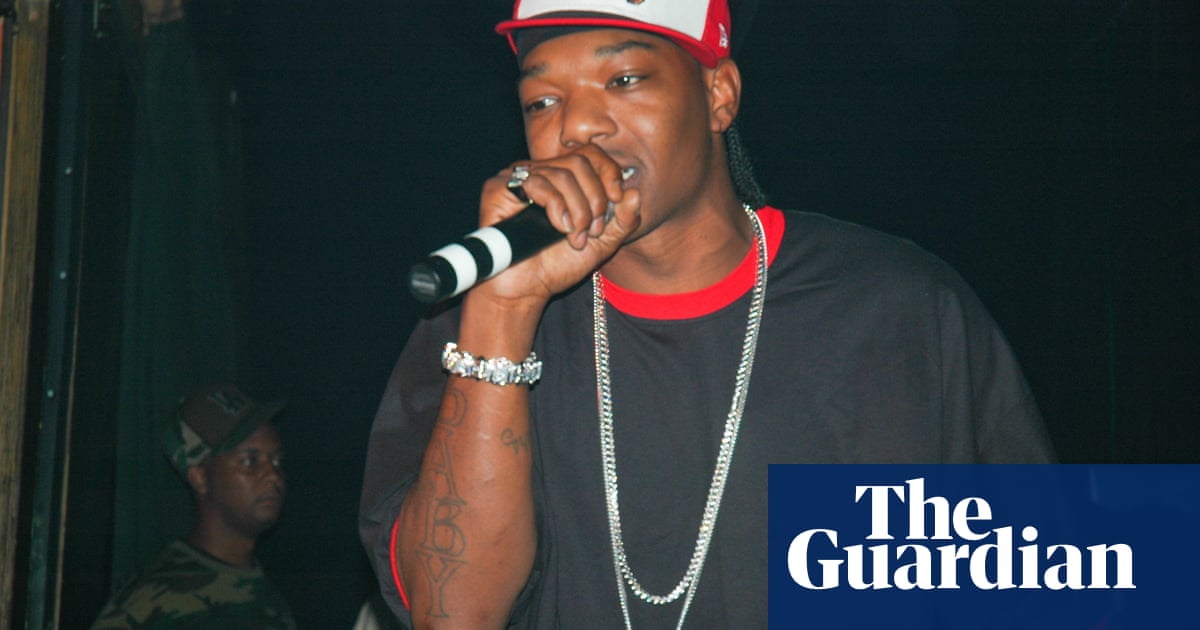Entertainment
Rapper BG ordered to have all future songs approved by US government

A US federal judge has refused prosecutors’ request to prohibit the maker of the 1990s rap classic Bling Bling “from promoting and glorifying future gun violence/murder” in songs and at concerts while on supervised release from prison, saying such a restriction could violate his constitutional right to free speech.
But the artist known as BG must provide the government with copies of any songs he writes moving forward, ahead of their production or promotion – and, if they are deemed to be inconsistent with his goals of rehabilitation, prosecutors could move to toughen the terms governing his supervised release.
That mixed ruling came Friday from US district court judge Susie Morgan in the latest development to a case that prompted discussions in some circles about an American musician’s rights to free expression under his country’s constitution – as well as his need to financially support himself – with federal authorities’ obligation to enforce the supervised prison release plan which he accepted.
Music industry giants including Megan Thee Stallion, Jay-Z, Coldplay and Christina Aguilera have condemned prosecutors’ practice of using rap lyrics as evidence in US criminal courts, saying it disproportionately targets Black artists. But prosecutors have generally not cared to halt the tactic, as the case of BG, whose legal name is Christopher Dorsey, demonstrates.
Dorsey fell under scrutiny from federal probation officers after he performed at a concert in Las Vegas, Nevada, where he now lives, alongside fellow rapper Boosie – and he had also released an album with 2020 Grammy nominee Gucci Mane.
People on supervised release are generally required to “refrain from … associating unnecessarily with” those who have prior felony convictions, among other conditions, according to officials.
Both Boosie and Gucci Mane – under their respective legal names, Torence Hatch Jr and Radric Davis – each have prior felony convictions, prosecutors have said. Prosecutors also maintained that Dorsey did not obtain the necessary clearance to produce such work, which they argued also undermined his goals of rehabilitation, citing lyrics that exalted a pair of men who are serving sentences of life imprisonment after being linked to multiple murders in a drug dealing and gang-violence racketeering case.
Parole officers in March successfully requested that Dorsey be arrested. His attorneys established that those monitoring at a halfway house before he was granted supervised release had provided him with the necessary permission, and the musician was soon freed from custody on his own recognizance.
But he had to return to court in his hometown of New Orleans after prosecutors asked Judge Morgan to require him to refrain “from promoting and glorifying future gun violence/murder” as well as threats against people who cooperate with the police in songs and at concerts, among other requests.
Prosecutors contended that such lyrics echoed some of the conduct leading to Dorsey’s prior imprisonment and “are inconsistent with the goals of rehabilitation”.
Dorsey’s attorneys, Billy Gibbens and David Chesnoff, argued that preemptively ordering their client to avoid certain subject areas amounted to “an unconstitutional prior restraint of free speech”. In a five-page ruling, Morgan said Gibbens and Chesnoff “may be” correct, so she declined to impose such a condition.
But Morgan said prosecutors’ concerns over Dorsey’s goals of rehabilitation were “legitimate”. So she would have the artist turn his lyrics over to the government prior to putting out or promoting any songs he planned to use them in, and at that point if they are deemed to be “inconsistent with the goals of rehabilitation”, prosecutors could ask to modify Dorsey’s supervised release terms.
As prosecutors asked, Morgan also reiterated that Dorsey must not work with people previously convicted of felonies unless given permission to do so, among other special conditions. She furthermore ordered him to complete 400 hours of unpaid community service.
BG, short for Baby Gangsta, was part of Cash Money Records’ Hot Boys group alongside other prominent New Orleans rappers such as Lil Wayne and Juvenile. One Hot Boys album debuted among the top five on the charts in 1999.
Dorsey’s signature single Bling Bling peaked at No 36 that same year, playing on some of the Hot Boys recurring themes, including rewarding themselves with expensive jewelry and cars for surviving their violent, hard-scrabble existences.
He received a 14-year prison sentence in July 2012 after pleading guilty to illegally possessing a gun during a 2009 traffic stop, among other related charges.
Dorsey had been transferred to a halfway house by fall 2023. And on 1 February, he began a two-year period of living under federal supervision outside the halfway house.
Dreams among some music fans that the Hot Boys could reunite and all perform together one day soon fueled some of the public interest in Dorsey’s March arrest as well as its aftermath.







:max_bytes(150000):strip_icc()/roundup-writereditor-loved-deals-tout-f5de51f85de145b2b1eb99cdb7b6cb84.jpg)


